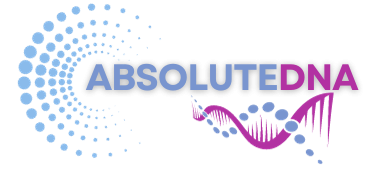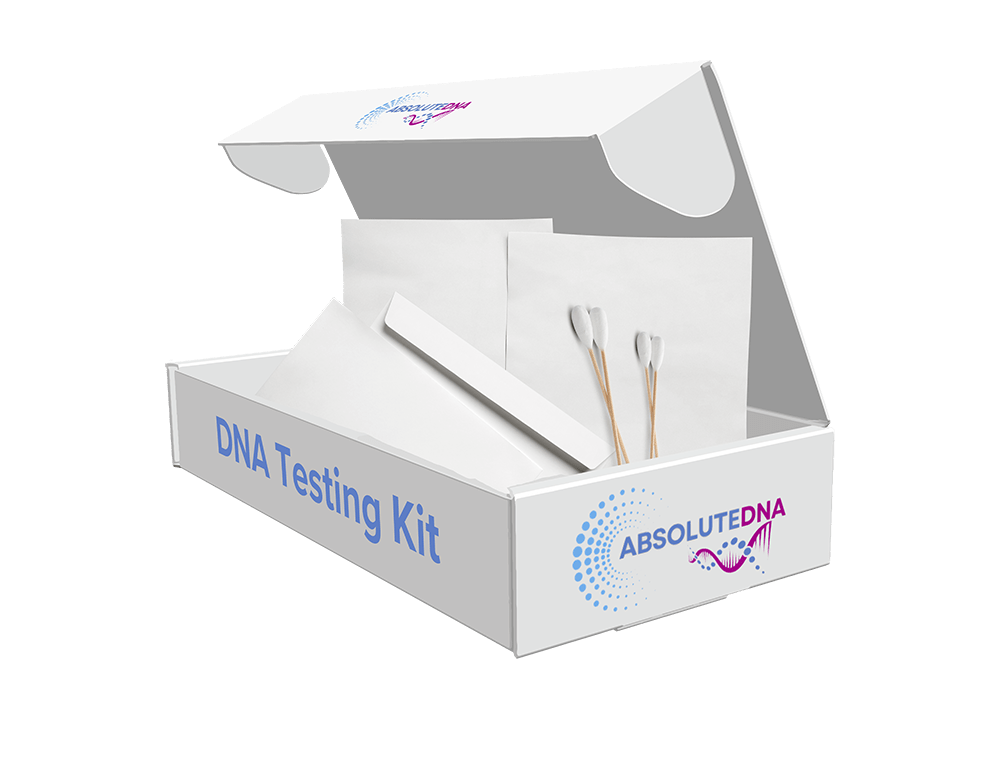The Ordering Process — Simple
These days we can do so many things from the comfort of our home, so why not a DNA test as well? Absolute DNA Services has streamlined the process for the Inherited Cancer Panel, so it’s as easy as:
- Choose your test and order it online.
- Pay for your test.
- We require that you consult a genetic counsellor both prior to, and after, your test. Absolute DNA Services will request a referral form to be filled out by your GP, genetic counsellor, or specialist. A genetic counsellor can assist in deciphering your results so that you get the best and most accurate information relating to your individual test.
- When you order the Inherited Cancer Panel, Absolute DNA Services will send you the appropriate referral forms for your genetic counsellor or doctor to complete. We then send your sample collection kit directly to one of our affiliated pathology centres. We will arrange your appointment for sample collection.
- After analysis, your results will be sent to your genetic counsellor or doctor, at which time they will discuss them thoroughly with you.
About Cancer Panel Testing
Cancer affects us all. We all know someone who has it, survived it, or sadly, was taken too soon by it. Although some cancers develop due to a combination of chance and our environment, up to 10% of all cancers are linked to a relative or an inherited gene mutation.
A cancer that is caused by a genetic mutation is called a hereditary cancer, and is most commonly passed on from parents to their children. Hereditary cancers often develop earlier than other forms of cancer, and can sometimes be more aggressive than the same type of cancer in a non-hereditary patient.
Our unique DNA are made up of small molecules, called nucleotides, which carry instructions for how the different proteins in our body should be put together. If there is a difference in the sequence of nucleotides, this can result in changes to the way proteins function. This is called a mutation, and results in the creation of a new genetic trait, or occasionally, a disorder or a disease.
Panels
IP, AKT1, ALK, ANTXR1, APC, ASCC1, ATM, ATR, AXIN2, BAP1, BARD1, BLM, BMPR1A, BRCA1, BRCA2, BRIP1, BUB1, BUB1B, CACNA1D, CBL, CDC73, CDH1, CDK4, CDKN1B, CDKN2A, CHEK2, CTHRC1, CYLD, DDB2, DICER, EGFR, ELAC2, EPCAM, ERCC2, ERCC3, ERCC4, ERCC5, EXT1, EXT2, FANCA, FANCB, FANCC, FANCD2, FANCE, FANCF, FANCG, FANCI, FANCL, FANCM, FH, FLCN, GPC3, HNF1A, HNF1B, HOXB13, KDR, KIT, KLLN, LIG4, MAX, MEN1, MET, MITF, MLH1, MLH3, MRE11A, MSH2, MSH6, MSR1, MTAP, MUTYH, MYH8, NBN, NCOA4, NF1, NF2, NTRK1, PALB2, PALLD, PDGFRB, PHOX2B, PIK3CA, PMS2, POLD1, POLE, POLH, PPM1D, PRF1, PRKAR1A, PRSS1, PTCH1, PTCH2, PTEN, PTPN11, RAD50, RAD51C, RAD51D, RB1, RECQL4, RET, RHBDF2, RNASEL, RNF168, RSPO1, RUNX1, SBDS, SDHA, SDHAF2, SDHB, SDHC, SDHD, SETBP1, SH2D1A, SLX4, SMAD4, SMARCB1, SMARCE1, SPINK1, SPRED1, STK11, SUFU, TERT, TGFBR1, TMEM127, TP53, TSC1, TSC2, VHL, WAS, WRN, WT1, XPA, XPC, XRCC2.
Sample Collection
This is a simple test that only requires a blood draw, from which your DNA is extracted and analysed using Next Generation Sequencing technology. The blood draw must be performed by a qualified sample collector and will incur an additional cost. It is important to note that this test also requires you to attend a genetic counselling session with a qualified professional, who will also receive your results, to then discuss at a time that suits you both.

